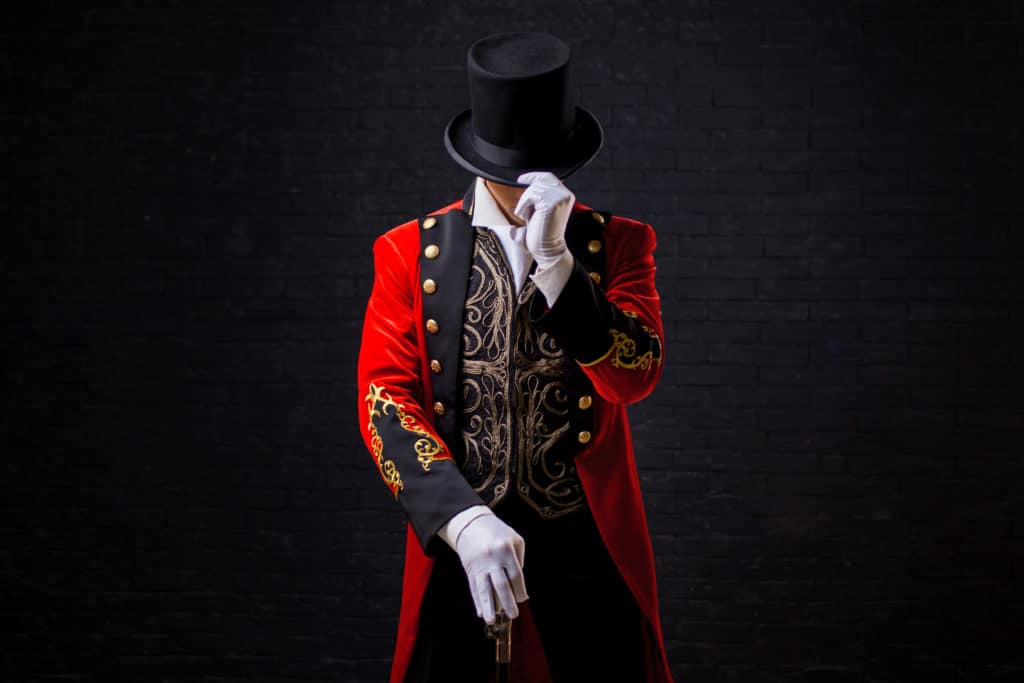Working with a Cast of Millions

I’ve mentioned before that many bestselling stories share a common trait: they appeal to broad audiences—old and young, male and female.
When to Stop Polishing a Manuscript

Many new writers don’t know when to stop polishing a manuscript and move on to the next. Part of the reason for that might have to do with Ernest Hemingway. Hemingway and His Legacy Years ago, a writer asked Hemingway, “How many times should I rewrite a manuscript?” Now, Hemingway hated dumb questions, so he […]
Attributions in Dialog

Writing clear dialog isn’t hard to do, but many new writers—and some old ones—make some pretty simple mistakes. Here are a few things to be wary of and that you should know.
Performing Your Tale

Many writers will recommend that as you edit your tale, you do a final read-through so that you can see how the story sounds.
Payoff

I’ve said before that every story should have an emotional payoff. Yet far too often, I read stories where the payoff is weaker than it should be, or it isn’t there at all.
Three Mistakes in Tone

One of the most common problems I see with new writers is a “mistake in tone.” You know what I mean if you’ve ever played in a band. A new kid comes in, you’re trying to play a song, and he blats out a sour note on a trumpet. The same thing happens in writing.
Brainstorming a Scene

5 tips to help you brainstorm your scene when writing.
Plotting Your Story

You often begin plotting your story with little in mind—a powerful image or an emotion that we want to capture, a clever idea for a twist.
Getting into the Creative Mood

Put the record on and play a little Glenn Miller. It’s time to get In the Mood to write.
Finding the Courage to Dream Big

You may not realize it, but as writers we are all on the same journey. We all start as wannabes, hoping to amaze audiences with our eloquence and powerful tales
